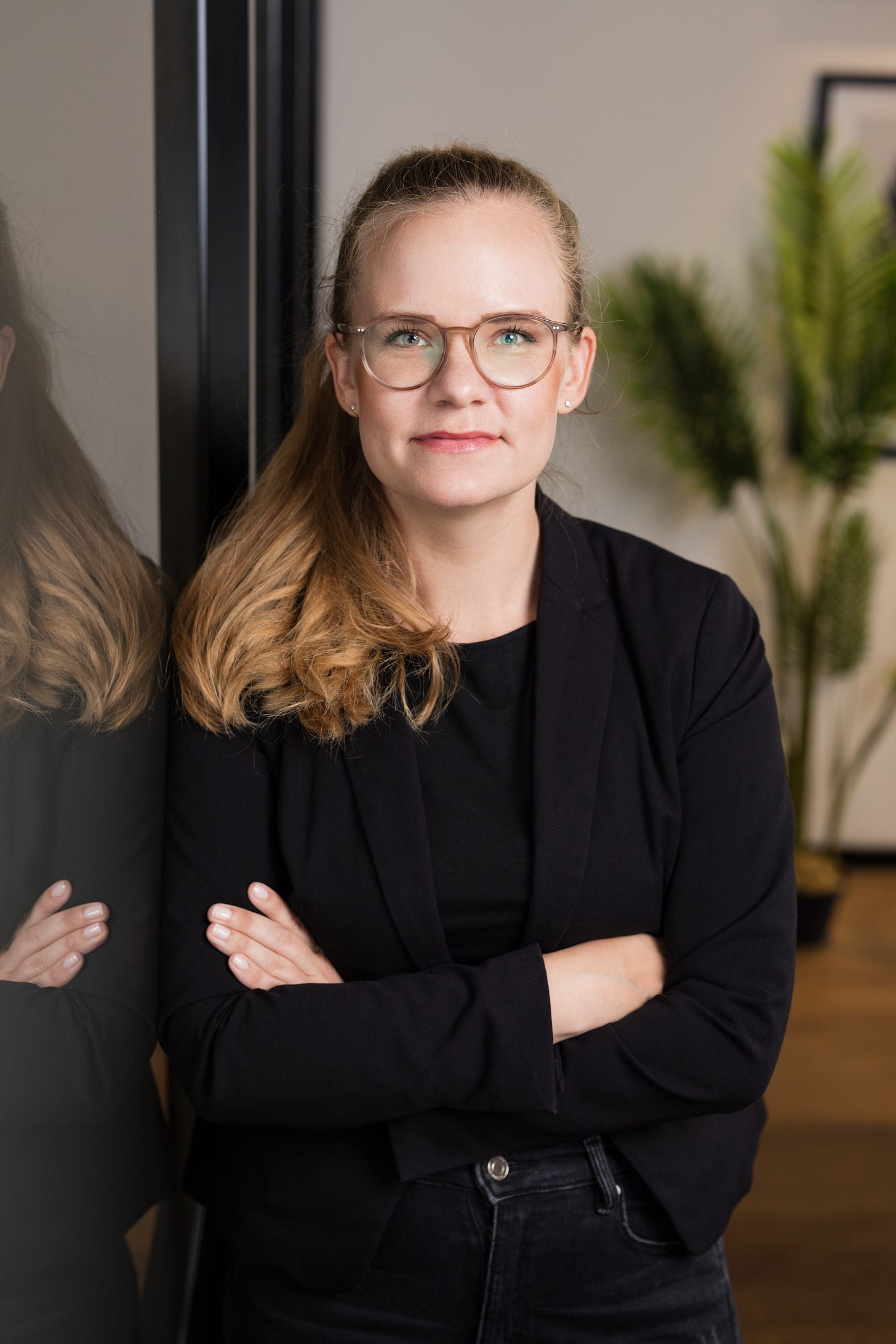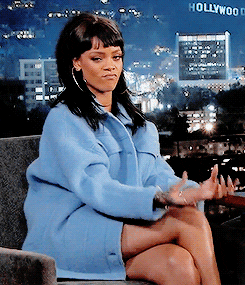#6 Emancipating yourself from your social background and upbringing
Our career path can be influenced by our upbringing. How to break free from that and truly finding your own passion and purpose is one of many great insights in this week's ChangePath newsletter.
Hello & welcome back to our ChangePath newsletter 💜🧡.
You feel stuck in your career, you want more purpose, you think you need change but you do not know where to start? ChangePath to the rescue 🛟
👉🏼 We are on a mission to help people in their career and job transition, to get from procrastination to taking the first steps in designing your purposeful dream career. For that, we are building a tool as we speak that will help you analyse your strengths, values and personality to then simulate matching career path options for you. But more on this soon 🔜!
As much as we believe in a platform-based solution, we are convinced that connecting with people that are also in transition and feel the same struggles is vital. For this, we are building a community of likeminded people. Our ultimate goal: We want to be able to match you with people that are in a similar situation to foster peer-to-peer support next to our technical solution.
So, use this community for your purposes, write us and tell us what you want to hear, where you need help and how we can be of any support. We are your safe space and treat anything your share with utmost confidentiality.
On this week’s agenda:
On a personal note 🫶🏼 - we are sharing some personal stories around our own career change and learnings
Quiz of the week 🧐 - how much time will you spend working in your life?
3 Questions and Answers about change 💬 - Christin tells us all about breaking free from societal conventions
Quote of the week 💫 - inspiring as always
Podcast episode of the week 🎧 - from comfortable unhappy to uncomfortable happy
Are you ready? Let’s dive right in! 🏊🏼♀️
On a personal note
As a career transitioner myself (Ann-Sophie), I want to share some personal insights and learnings with you in the hope to give you the feeling: YOU ARE NOT ALONE IN THIS.
One aspect of changing your career also entails building and breaking into new networks. So, networking is big on my agenda, but, oh boy, it can be uncomfortable for me at times.
My biggest mental barriers?
😵💫 Awkward outsider: I don’t know people at these events and absolutely feared to enter the room with people not talking to me.
😵💫 Language Barrier: Recently, I have been attending French networking events as I live in Paris and I was afraid no one would talk English to me and I wouldn’t understand a thing as I do not feel comfortable speaking French yet.
😵💫 Insecure Newbie: Building a company from scratch means solving many open questions and I was afraid not having all the answers.
I, proud, relieved and happy with myself for going nevertheless (with a little nudge from my boyfriend) as most of the obstacles in my mind were actually only limiting beliefs that did not hold true in practice, am sharing my biggest learnings from attending these events in the following:
💪🏽 Just talk to people in person, you cannot connect with people from behind your laptop.
💪🏽 Be open about your challenges and people will always offer you help and even share valuable stories and insights with you.
💪🏽 I should not fear judgement for being a foreigner building a business in France, but rather use this unique aspect to be remembered by people. Every challenge also bears an opportunity.
Quiz of the Week
👀 check out the right answer at the end of the newsletter. If you have great quiz questions - send them our way 😍
3 Questions & Answers about Change with Christin
We are beyond grateful for the many inspiring career changer stories we are able to share each week. This week’s is another special one as it sheds light on the struggle to break free from societal conventions and social classes to find your true professional calling. Say hello to Christin!

Can you please describe your career transition, Christin?
I would label my career history as "Ascent Stress" but with a happy ending. For a long time, my career decisions were driven by the need to achieve a certain income level or a prestigious job title, which ultimately translated into a constant pursuit for more money.
This didn't stop even after reaching my initially desired income. It took me a while and some job changes to realize that continually chasing higher earnings for no real reason, was a simple yet unsustainable goal resulting in a gradual depletion of my energy and motivation over time and ultimately an unfulfilled personal life.
The turning point came when my savings reached a level that provided me the security and allowed me to manage the risks associated with job transitions effectively to finally explore my passions - I have never given myself this space before.
So, I allowed myself to look beyond financial gains and pursuing passions. This shift marked the beginning of my true career transition - when I started keen&finance® and shifted to teaching and research. This shift allowed me to seek fulfilment and creativity in my career, marking a significant pivot towards what truly mattered to me. Today, I support banks and fintechs as a freelancer in digital product development and the investment business, research in the area of female fintech design and teach in the areas of digital product management and digital transformation in SMEs and banking.
But reflecting on my path from a bank trainee to working on a doctoral thesis now, it's clear that my career has always had one consistent theme. My personal mantra to summarize all my career transitions: "I lo(i)ve Banking and Fintech!" which symbolizes the red thread through my diverse career from traditional banking, through consulting, short excursion into the startup world, to entrepreneurship and now to academia — a transition I could never have anticipated 14 years ago as a worker's child with the belief that you will have one job until you retire.
What were your biggest challenges in this transition?
Initially, my perception of societal expectations made it difficult for me to justify career changes that did not come with a financial upgrade – not only to myself but also to my family, friends, colleagues, managers and supporting mentors. When I invested thousands of euro in a part-time master's degree it felt as though spending money on a new car was more acceptable than justifying the expense of studying, especially if it was solely for personal growth and not a specific job description.
The pressure to justify career changes based on financial gain rather than personal fulfilment was a constant hurdle, particularly during my transition to a start-up with a lower salary, or when I started my own business after leaving a job I had done only for four months, and again a year ago when I decided to pursue my doctoral thesis despite a significantly lower salary.
Moreover, coming from a working-class background, there was a persistent fear of regressing back to a lower income bracket, which I now recognize as a form of financial anxiety. This irrational fear often clouded my decision-making process. Overcoming these mental barriers required a lot of courage and strategic financial planning, such as having creating a savings buffer to empower myself to take risks in career moves.
My biggest challenge was a recurring pattern in my career choices that kept bringing me back to the same unsatisfying point after a few months in a new role, despite several job changes. I needed to break this pattern!
For example, I was actually lacking creativity in many of my earlier, implementation-focused roles, which I didn't realize until later, as I didn't consider myself "creative"—a perception reserved, I thought, only for artists and designers. Overcoming these challenges required both a financial cushion to take bold steps and a mental shift to prioritize personal well-being over financial incentives - coaching helped with that.
What are your biggest learnings and what would you advise people who are thinking about or doing a transition?
Looking back, my initial financial drive was necessary for me to try out and break into fields I'm passionate about - it wouldn’t be honest not to acknowledge the fact that one needs to be able to afford this freedom. So financial preparation is crucial - setting aside a 'career transition fund' can provide the freedom to make decisions based on fulfilment rather than financial necessity.
Inspired by the book "You Don't Have to Choose When You Have a Thousand Dreams" by Barbara Sher, I realized that one job may not satisfy every creative urge, which led me to balance execution-oriented roles with more creative pursuits. My crucial piece of advice here is to embrace the complexity of multiple interests and not having the unrealistic expectation that a job will cover all your passions.
I also always advise others to allow themselves a 'jetlag period' of minimum three months to adapt to new roles without harsh judgments, using this time to really settle in and assess the fit after a defined onboarding time. It's important to view probation periods as mutual trials for both you and the employer and to not shy away from seeking coaching if repetitive dissatisfaction occurs after switching your job.
Also, I think it's important to be patient and allow time to grow into new roles and responsibilities, resisting the urge to quit due to temporary discontent or impatience. Looking back, I was always very impatient and radical in my decisions in my professional career, which meant that I sometimes left a job before I could really reap the fruits of my work or the fulfilling team spirit after long, hard projects. So maybe don't be too obsessed with your goals - I usually discovered my passions by chance or through side projects delegated to me by my managers or customers over time, and not through my disciplined career planning.
My last advice is to always remember that, even in a role aligned with your purpose, there will be mundane tasks. The key is to consistently remind yourself of your foundational motivations and the broader purpose they serve. Avoid the allure of superficial career glamour and the trap of social media-induced FOMO (Fear Of Missing Out) showcased on platforms like LinkedIn, which helps maintain focus on what's genuinely rewarding and what truly matters in your career path - and personal life.
If you want to reach out to Christin to hear more about her story you can reach her here:
Quote of the week:
“Doing what you love isn't a priviledge; it's an obligation.”
― Barbara Sher, Refuse to Choose!: Use All of Your Interests, Passions, and Hobbies to Create the Life and Career of Your Dreams
Podcast episode of the week:
In light of me breaking out of my comfort zone this week, we are providing you with another little motivational nudge with this podcast episode about a comfortably unhappy marketeer that successfully made a great career change to unleash her full impact.
Change your now and start your tomorrow with ChangePath. 🧡💜
Before you go, we have three little favours to ask you:
Please leave a little like and/or comment with your feedback on our newsletter - we really really want to know what you think!
If you can’t find the newsletter, check your spam folder or promotions tab and mark this address as ‘not spam.’
If you found this newsletter useful, please share it. That's the only way this tiny but mighty community will grow. Directly by e-mail or Whatsapp here 👇
Quiz results: It’s been estimated that the average person will spend one-third of their life at work. That’s roughly 90,000 hours at work over your lifetime. So let’s better make this time worth our while and find a career that truly matches our goals and values.





Go away from your surroundings believes , well done Christin despite the financial fear